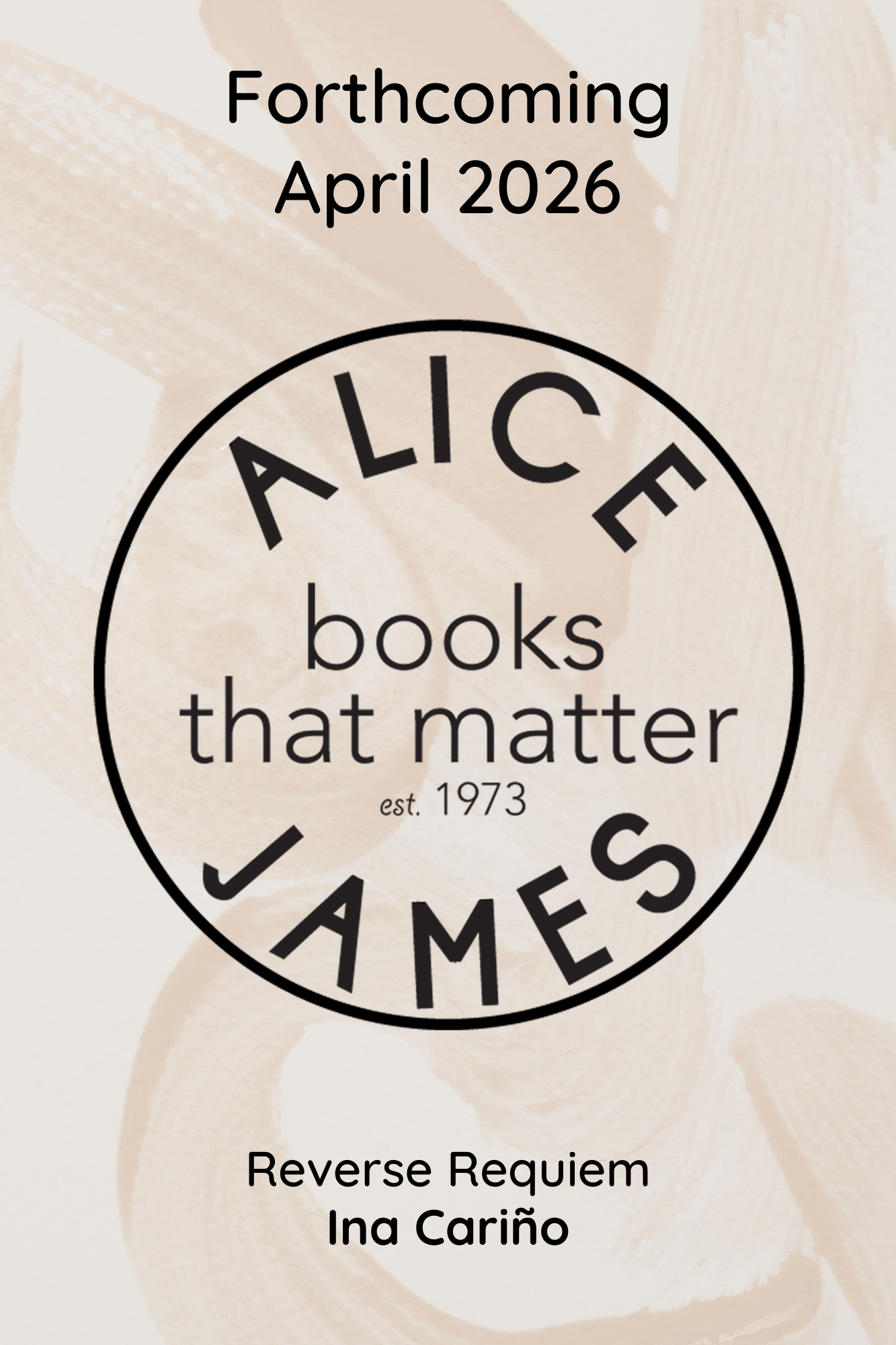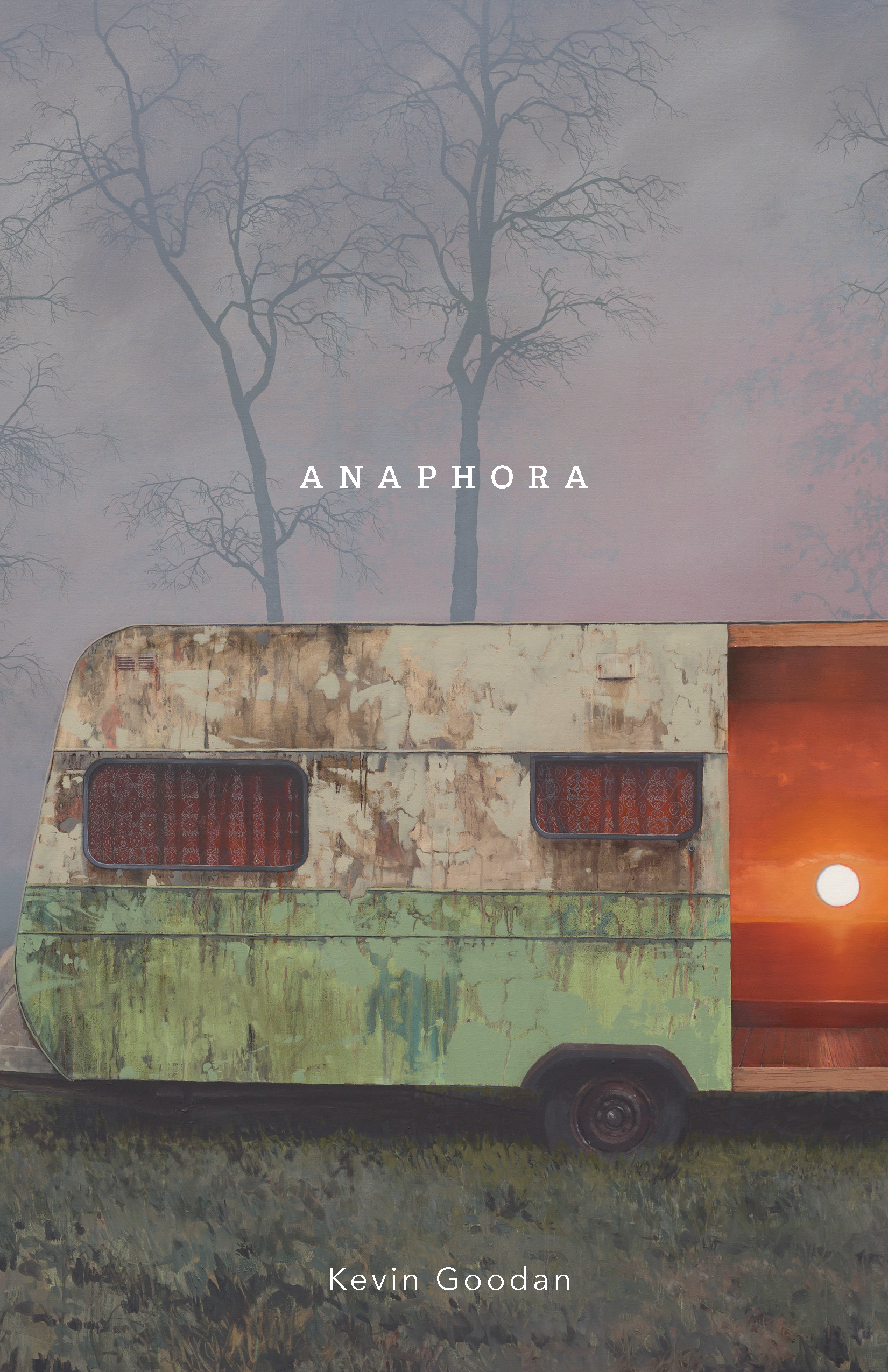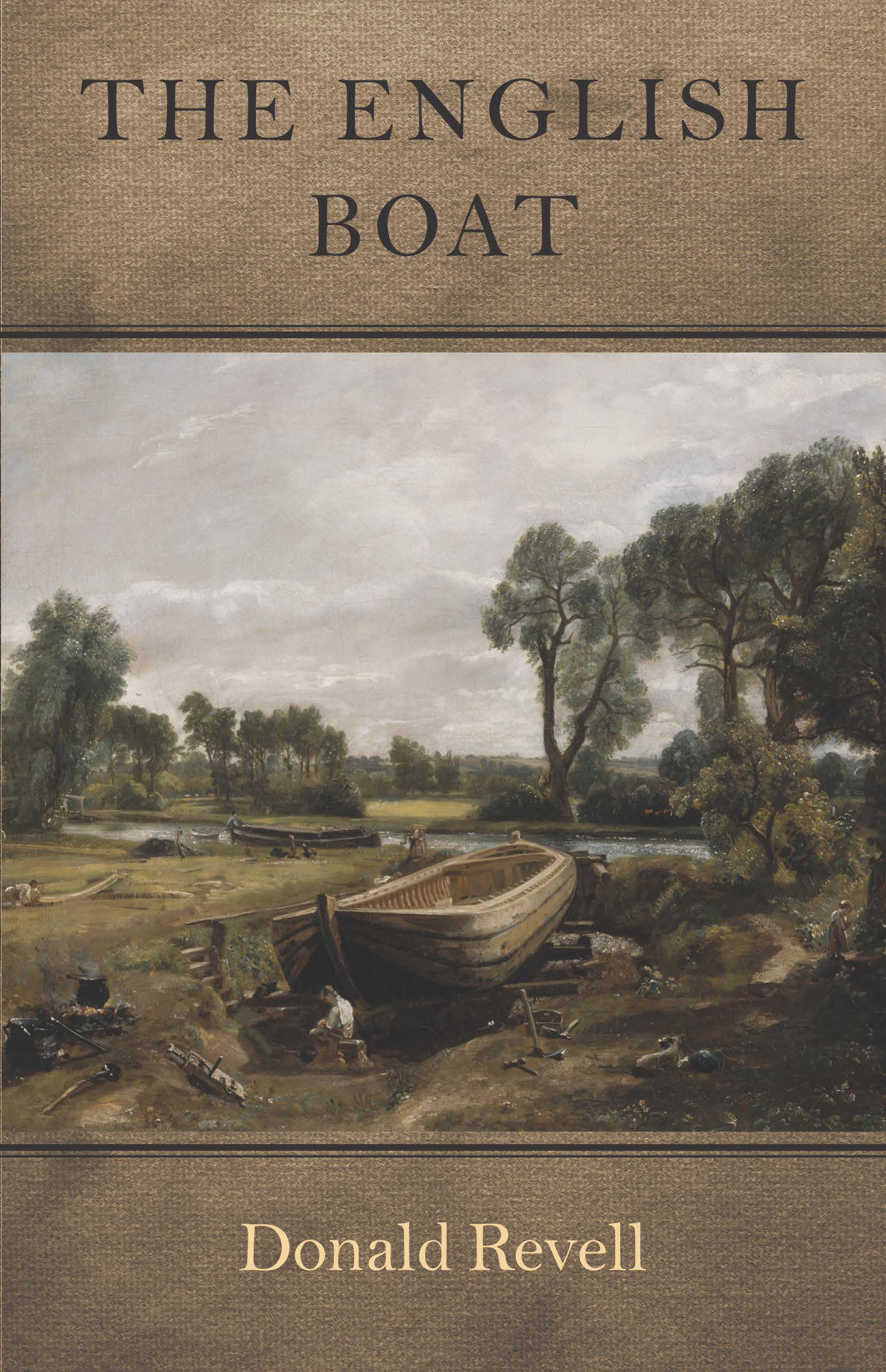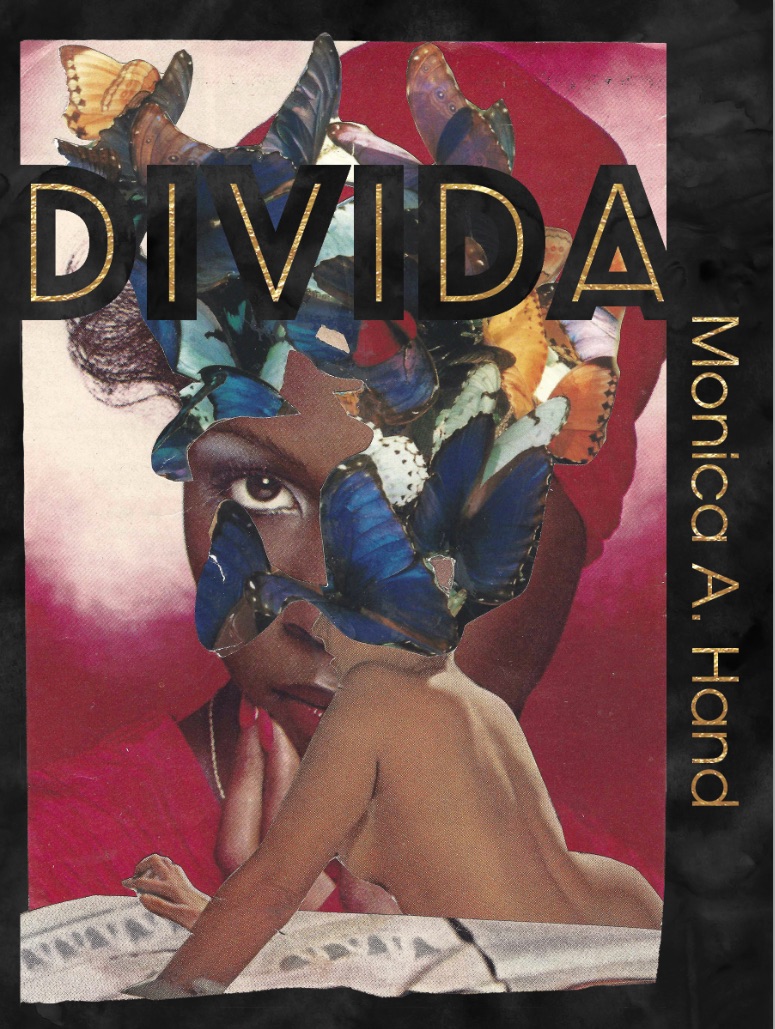Reverse Requiem
Reverse Requiem
Ina Cariño
"Ina Cariño's Reverse Requiem addresses the ghosts of history, which through language and tender attention, Cariño exhumes and brings to aliveness with sumptuous naming. Working against silence and power and deeply imbued with liberatory politics, the poems are an ode to self, lineage, and love. This work is a triumph."
—Cathy Linh Che, author of Becoming Ghost, Split, and An Asian American A to Z: A Children’s Guide to Our History
April 2026
ISBN: 9781949944778
Available in both print and digital formats.
Photo by Chris Facey.
Ina Cariño is a 2022 Whiting Award winner for poetry. Their work appears in the American Poetry Review, the Margins, Guernica, Poetry Northwest, Poetry Magazine, the Paris Review Daily, Waxwing, New England Review, and elsewhere. She is a Kundiman fellow and is the winner of the 2021 Alice James Award for Feast, published by Alice James Books in March 2023. In 2019, Ina founded a poetry reading series called Indigena Collective, a platform that aims to center marginalized creatives in the NC community and beyond.
Additional Praise:
“Reverse Requiem at once claims space(s), body(ies), time(s), name(s), people(s), love(s), and food(s) and is unclaimed by them, making possible for what Linda Gregg writes in her essay ‘The Art of Finding,’ ‘the art of marrying the sacred to the world, the invisible to the human’ What we do not want to claim, but must, so that we can be unclaimed by its hold. Cariño claims forms, the truth of beauty, claims family, revolutionaries, and the moon to relinquish its authority over the poet. These baring and fearless poems are built upon the precision of a concise line, the lyric mind considering all the history(ies) enclosed around us."
—Tyree Daye, author of a little bump in the earth
“Ina Cariño’s poems are at once soulful and urgently physical—made of questions and salt, of memory and a fingertip dancing across steam. Home in this book is both a longing and an entirely real place, full of mountains, jasmine, an artificial lake, an anti-imperial rage, true raucous celebration, raw piercing grief, and a ‘mother’s mothers.’ This collection asks, ‘how to embody / the song of being alive’ when so much conspires to kill the music, end the breath? This poetry answers in the most gorgeously strange ways, one of them being silence, a deep silence ‘that says yes, I remember this song.’”
—Chen Chen, author of Your Emergency Contact Has Experienced an Emergency and When I Grow Up I Want to Be a List of Further Possibilities
More by Ina Cariño:
Featured:













